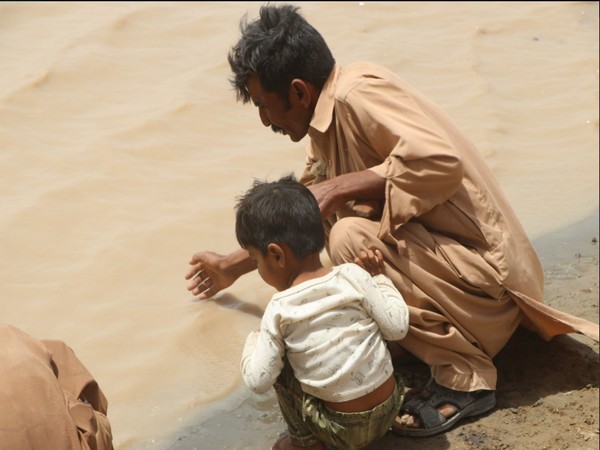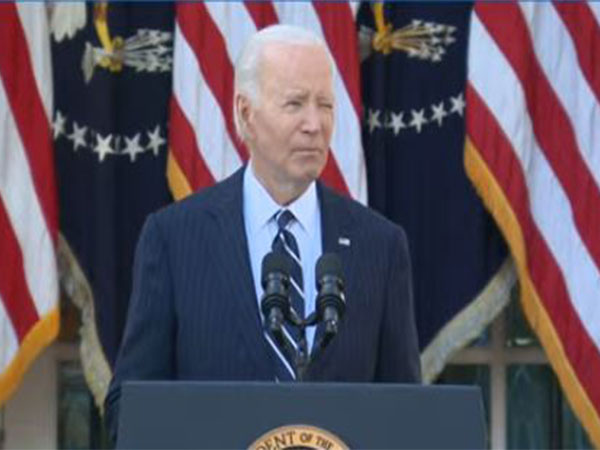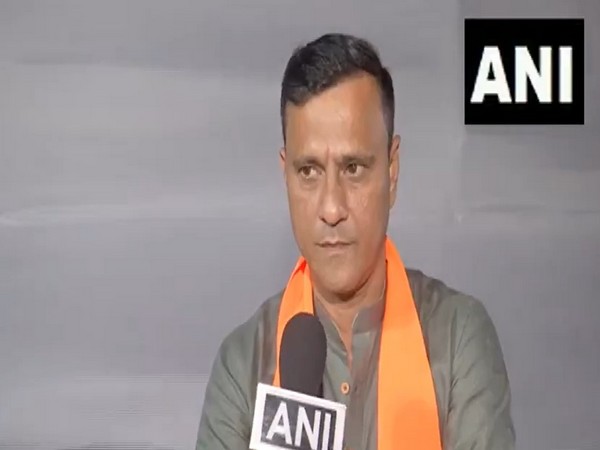Karachi [Pakistan], September 23 (ANI): Members of the Awami Tehreek, Awami Workers Party, and Jeay Sindh Mahaz-Riaz staged protests and sit-ins outside the Karachi Press Club and in various cities across Sindh, Dawn reported.
The demonstrations were aimed at opposing proposed new canals and dams along the Indus River, with protesters vocally condemning recent amendments to the Indus River System Authority (IRSA) Act.
According to Dawn, protesters expressed concerns that these amendments could grant federal authorities the power to construct up to 30 dams, a move they argue would violate international law and regional water agreements. They accused Punjab of exploiting its position as an upper riparian state to deny Sindh access to essential water resources.
The IRSA Act, enacted in 1992, was designed to establish the Indus River System Authority, which regulates the allocation and distribution of water from the Indus River system among Pakistan’s provinces.
However, the Pakistani government recently denied any ongoing legislative efforts to amend the IRSA Act.
The issue of water allocation has long been contentious, particularly between Punjab and Sindh.
Sindh has frequently accused Punjab of over-extraction and mismanagement of water resources, leading to severe shortages in the Sindh region. Notably, in 2003, media reported that Sindh protested against unauthorized canal constructions in Punjab that diverted critical water supplies. Compounding these tensions, climate change and population growth have exacerbated the water crisis.
The devastating floods of 2010 severely impacted Sindh’s agricultural base, intensifying existing grievances over water distribution. Recent reports from the Pakistan Council of Research in Water Resources indicate a marked decrease in water availability in the Indus River, raising alarms about equitable distribution among provinces.
As protests continue, the situation remains tense, with activists demanding accountability and fair access to water resources for Sindh.
In Pakistan, inter-provincial conflicts often arise over various issues, including resource allocation, governance, and cultural identity. Another point of contention is the distribution of development funds and infrastructure projects, with provinces like Balochistan and Khyber Pakhtunkhwa feeling marginalised in favour of Punjab.
Additionally, cultural and linguistic differences often lead to political strife, as seen in the conflicts involving ethnic groups in Sindh and Balochistan. (ANI)
Disclaimer: This story is auto-generated from a syndicated feed of ANI; only the image & headline may have been reworked by News Services Division of World News Network Inc Ltd and Palghar News and Pune News and World News
HINDI, MARATHI, GUJARATI, TAMIL, TELUGU, BENGALI, KANNADA, ORIYA, PUNJABI, URDU, MALAYALAM
For more details and packages
















